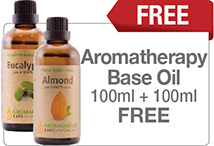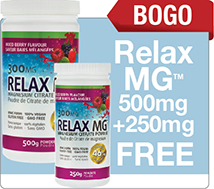- Home >
- Organika Coenzyme Q10 120mg - 60 Caps + BONUS - Organika
Coenzyme Q10 120mg - 60 Caps + BONUS - Organika
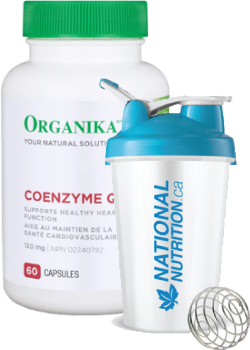
We're sorry, we no longer carry this item.
Check These out
Suggested, Similar, & Related Products:
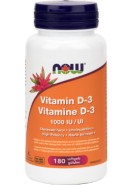
Sale: $9.99
Reg.: $14.99 (Save $5.00)
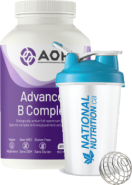
Sale: $52.86
Reg.: $65.97 (Save $13.11)
(Click Add to Select Bonus)
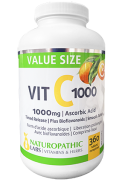
Sale: $27.99
Reg.: $41.99 (Save $14.00)
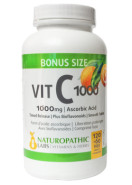
Sale: $14.99
Reg.: $19.99 (Save $5.00)
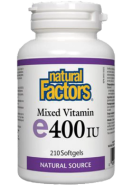
Sale: $22.99
Reg.: $38.99 (Save $16.00)
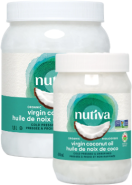
Sale: $34.99
Reg.: $39.99 (Save $5.00)
(Click Add to Select Bonus)
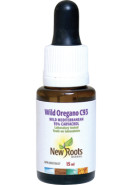
Sale: $12.79
Reg.: $14.65 (Save $1.86)

Sale: $59.98
Reg.: $69.98 (Save $10.00)
(Click Add to Select Bonus)
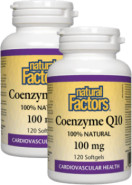
Sale: $39.99
Reg.: $59.99 (Save $20.00)
Or, Shop our Latest Deals:
Shop Now >- 120mg
- Coenzyme Q10 (Ubiquinone)
Microcrystalline Cellulose, Magnesium Stearate (Non-GMO Vegetable Source), Silica, Gelatin (Capsule)
Format
 Capsules
Capsules
60 Caps
Dosage
Take 1 capsule once per day.
Important Information
Do not use if you are pregnant or breastfeeding.
- Supports healthy heart function
- Supports cellular ATP energy production
- Assists metabolic function
- Antioxidant for the maintenance of good health
- Non-GMO and gluten free
Related Videos
Related Articles
Articles by a naturopathic doctor.
Organika, formulators of Canada’s best-selling Collagen and marine collagen and Bone Broth supports skin and joint health. Organika's health products also include; Organika spirulina, Chlorella, Curcumin to support inflammation, Organika Enhanced Collagen Protein, and Adaptogens to provide balance. Shop Organika here at National Nutrition.ca for quality, Canadian-made supplements.
HEART HEALTH
The cardiovascular system consists of the heart and approximately 60 thousand miles of blood vessels, called arteries and veins. The heart pumps blood around the body. The vessels nourish cells by transporting nutrients and waste products, through the blood, around the body.
Any interruption in blood supply, for example a heart attack or stroke, causes tissue death so the maintenance of a healthy cardiovascular system is essential.
Some medications deplete heart supporting nutrients like coenzyme Q10, magnesium, potassium and zinc. Ironically several of these medications are used to treat cardiovascular disease. Cholesterol lowering medication can deplete coenzyme Q10. Diuretics, used for high blood pressure, increase the excretion of minerals like magnesium and potassium. This can cause problems maintaining heart rhythm and lead to muscle spasms. ACE inhibitors deplete zinc. Beta-blockers deplete coenzyme Q10.Hypertension or high blood pressure is known as a silent killer because people often do not know that they have it until the body is already damaged. If you think that you are at risk, it is important to have your blood pressure monitored regularly, because hypertension can lead to heart attacks, strokes, kidney failure and retinal (eye) damage. The most common causes of hypertension are narrowed arteries or a decrease in arterial elasticity. Narrowing and hardening of the arteries are primarily caused by eating too much of the wrong types of fats. It is important that you get enough of the right kinds of fats to limit this damage and to promote health. Other causes are kidney disease, heavy metal toxicity, obesity, stress and poor diet. Some of these factors are beyond our control, but many can be changed through diet, lifestyle changes, detoxification, and a combination of the right supplements and complimentary therapies.
High Cholesterol
Cholesterol is not all bad; it is the amount and the ratio of the various forms of cholesterol that are a health concern. LDL (low density lipoprotein) cholesterol is fat that is being transported from the liver for use by your cells. It is commonly called bad cholesterol. HDL (high density lipoprotein) cholesterol is called good cholesterol because it is fat that is being taken unused cholesterol from your cells back to the liver, where it is broken down. Cholesterol levels are unhealthy if you have lots of circulating LDL, not enough HDL or a combination of the two.
Dietary cholesterol is different than the serum cholesterol mentioned above. Although eating foods that are high in cholesterol does raise serum cholesterol levels the liver is responsible for making cholesterol when needed. Thus a cholesterol reduction plan should include a low cholesterol diet with other treatments to help to reduce serum cholesterol. Genetics also plays a role in high cholesterol.
Conventional treatment of high cholesterol with lipid lowering drugs decreases serum cholesterol but makes only small improvements to your chance of developing heart disease. Plus these drugs have many side effects. The most troublesome is the increased risk of depression and suicide amongst medicated individuals. The drugs also deplete vital nutrients for heart health such as coenzyme Q10. These medications can interact with natural products. Consult a health professional before starting any new therapy.
- Reviews
- POST A NEW REVIEW
Coenzyme Q10 120mg - 60 Caps + BONUS - Organika
(1 review)Recommendation
100%
1 out of 1 viewers would recommend this product to a friend
helpful votes
0
0 customers found this product reviews helpful
-
Date - Newest First
- Date - Newest First
- Highest Rated
- Most Helpful
1 Item(s)
1 Item(s)
















